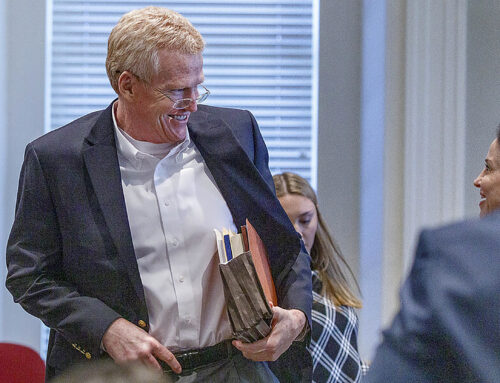Review by Dr. K. A. Slayton
(Written with an eye on the cultural phenomenon of Kanye Sunday Church in mind)
In this era and passing phase of celebrity drive by faith encounters I’ve pondered the entries of access to the Christian faith for those would be potential converts. While Kanye West is drawing attention to the need for more relevant faith engagement, I am keenly aware of the enormous amount of resources available for his message delivery. And even beyond that I recognize that there is more to building a relationship with God than just music. The question remains what will happen when the music stops, and it will.

A dear friend and theologian/professor expressed to me that “Kanye’s church will likely fold because it’s built in his (Kanye’s) own image.” He went on to label it “intoxicating idolatry,” noting that those who follow and are excited by it are not bad people. “Just Intoxicated.” But when the music has ended and the crowds have gone what is left of the individual involvement with God. For those who may be wrestling with such a question, I refer you to this book. All humankind seeks to be in balanced and fulfilled relationships, but a sincere involvement with God requires an equally committed involvement with the Word of God. Music alone can only go but so far. Still, our humanity demands that we are involved with both man and God. Truth is that it’s much easier said than done. Ellen Davis offers unique advice and methodology for engaging biblical scripture in ways that promote a more intimate relationship with God.
Most commonly men and women will seek spiritual relationship with God through individual faith practices. This will often involve church attendance of some sort or at a minimum following a ministry online. The shear entrance into any sanctuary will open one up to the potential for additional human encounters. The expectation is that in these “safe” spaces one is safe to experience the love and support of God and His followers. This should be a time to approach your God with an open appeal for revelation and understanding, but even the most spiritually connected person may struggle with prayerful expression. We simply don’t know what to say to God about those really difficult places in our life’s journey.
Davis affirms the idea that through scriptures, such as those found in the Psalms, we are able to find the words that speak the difficult pains and disappointments that escape our spiritual vocabulary. Maybe it’s fear of being judged, not just by God, but ultimately by other Christians. Sometimes Christians can be the toughest critics of newcomers to the faith. Some Christians are so high and holy that they feel they know what it is that God likes and what God disapproves.
 Christians have perfected crucifixion and nothing hurts like the betrayal that occurs within the faith community, Davis says. “We are here at the table of the Lord. We are not alone. We are here with our enemies.” Scriptures such as this one intercedes on our behalf and makes the hard truth that we struggle to convey. That truth is simply that we all have something that would cause us to disagree, but we come to the table out of a desire to find commonality in Christ.
Christians have perfected crucifixion and nothing hurts like the betrayal that occurs within the faith community, Davis says. “We are here at the table of the Lord. We are not alone. We are here with our enemies.” Scriptures such as this one intercedes on our behalf and makes the hard truth that we struggle to convey. That truth is simply that we all have something that would cause us to disagree, but we come to the table out of a desire to find commonality in Christ.
In the pages of this book the author demonstrates repeatedly in various circumstances how the Old Testament can be used as a resource to find “safe” space for intimacy with God. The power of the Psalms to speak for us in prayer makes them a central part of the Christian faith. In example after example we read in this book how God, literally gets involved in the lives of Moses, Solomon and Abraham. And in many of the same ways God is able to enter our most private areas. So much so to the point that the most engaged spiritual relationship allows the Christian to “implicate God in our suffering,” she writes.
I would strongly recommend this book to Christian believers seeking to gain a sense of spiritual clarity in their relationship with God. I believe you will find it useful in meditation and prayer. If you are willing to focus on the difficult discipline of obedience without fear of the consequences you will be in a better place to possibly cultivate real spiritual intimacy with a God who seeks nothing more than relationship. You may also be less judgmental of the relationships others may have with God.






